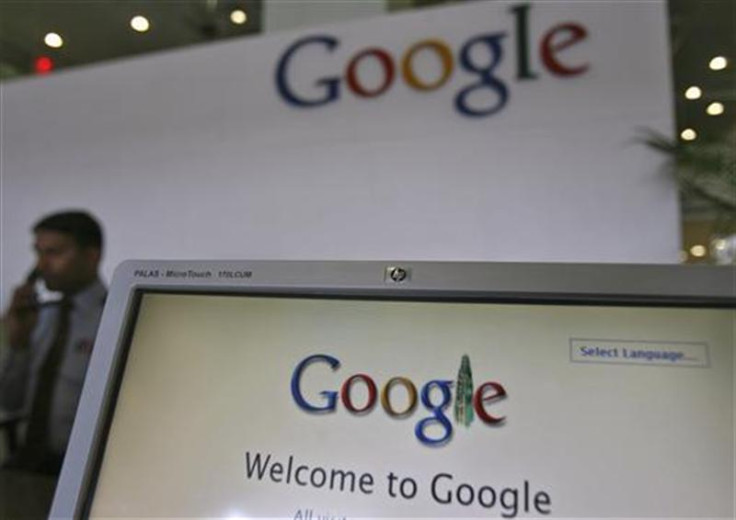Google's Privacy Policy Could Violate EU Law

French authorities, on Tuesday, confirmed their belief that Google Inc.'s new unified privacy policy (slated to come into effect on 1 March) appears to violate European Union (EU) data protection laws.
However, Google has confirmed, in a Wall Street Journal report, it will be going ahead with the rollout as planned.
"Our preliminary analysis shows that these new rules do not respect the requirements of the European data protection directive," the National Commission for Computing and Freedom (CNIL) is quoted as saying by AFP. The EU's data protection authority, concerned over the fallout of the policy, has asked CNIL to investigate further.
According to the terms of the new privacy policy, Google reserves the right to track and collect data from across all of its Internet platforms, including the popular Gmail service, YouTube and their search engine. The collected data will enable Google to track interests and target advertising with more accuracy. Amid fears of privacy invasion and misuse of data, Google has assured users it will protect personal data but the company has left no option for users to accept the terms of operation, an AFP report says.
The new policy's rollout was announced last month, along with an endorsement of an investigation by The Article 29 Working Party, which is an advisory body that includes members of the European Union's data protection authority.
The investigating agency, in a letter to Google Chief Executive Larry Page, had requested a delay in the policy's implementation while the inquiries were conducted. The request was denied by Page, according to Bloomberg Business Week. The letter was reportedly sent on Monday and posted on the agency's Web site on Tuesday.
Isabelle Falque-Pierrotin, of the agency, is quoted in The Telegraph as saying she welcomed Google's move, in theory.
"We regret that Google did not take a real opportunity to consult the authorities prior to the announcement of its new privacy policy on 24 January 2012," she said, in the letter to Google.
Google however asserts the main objective of the new policy is to combine more than 70 different rules into one which will be simpler, according to The Washington Post.
"We are confident that our new simple, clear and transparent privacy policy respects all European data protection laws and principles," Google's Chief privacy counsel, Peter Fleischer, wrote in response to the agency's letter.
© Copyright IBTimes 2024. All rights reserved.








